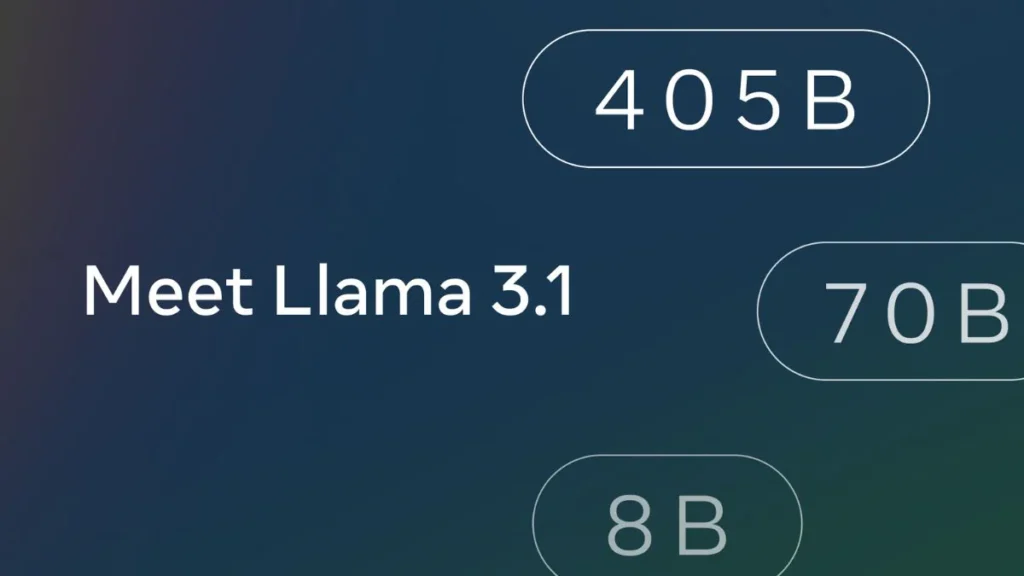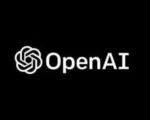Meta has also introduced enhanced versions of its Meta Llama 3 8B and 70B models alongside the 405B release.
Meta has made headlines with the release of its largest and most advanced artificial intelligence (AI) model yet, Meta Llama 3.1 405B. Unveiled on Tuesday, this model stands out as Meta’s largest open-source AI model to date, surpassing the capabilities of other major closed AI models like GPT-4, GPT-4o, and Claude 3.5 Sonnet. This latest release signifies a significant leap in AI technology, as Meta aims to establish a new benchmark in the field.
The Meta Llama 3.1 405B model boasts an impressive 405 billion parameters, positioning it as one of the most powerful large language models (LLMs) available. Parameters in this context represent the model’s ability to handle and process complex queries, with a higher number indicating enhanced proficiency. Additionally, the model features an extensive context window of 128,000 tokens, which allows it to manage and recall a vast amount of information for more nuanced and accurate responses.
In conjunction with the launch of the 405B model, Meta has also upgraded its previously released Llama 3 models, specifically the 8B and 70B versions. These updated models are derived from the advancements of the 405B model and now offer the same expansive 128,000 tokens context window. According to Meta, these upgrades have made the Llama 3 8B and 70B models the leading open-source LLMs in their respective categories.

Meta’s announcement highlights the capabilities of the Llama 3.1 405B model in various domains, including general knowledge, steerability, mathematical operations, tool usage, and multilingual translation. The model supports multiple languages, including English, German, French, Italian, Portuguese, Hindi, Spanish, and Thai, making it a versatile tool for diverse applications.
The release of Meta Llama 3.1 405B represents a significant milestone in the evolution of AI technology, offering researchers and developers a powerful resource for advancing AI applications. As the open-source community continues to explore and expand the capabilities of this model, it could set new standards for AI performance and accessibility.
Meta’s commitment to open-source AI is further demonstrated by the improvements in its other Llama 3 models. With these advancements, Meta aims to provide cutting-edge tools that facilitate innovation and contribute to the broader AI research landscape.


















